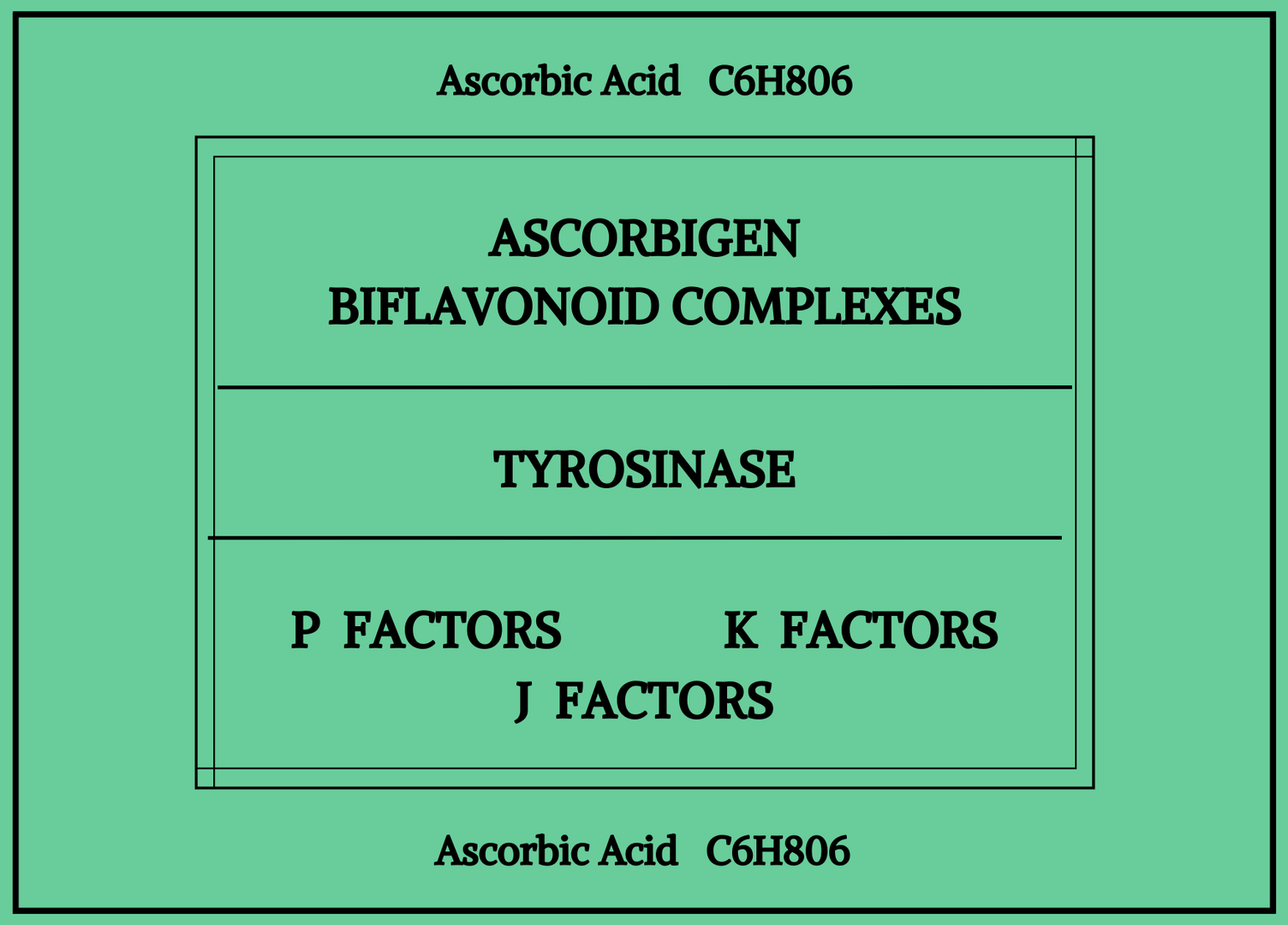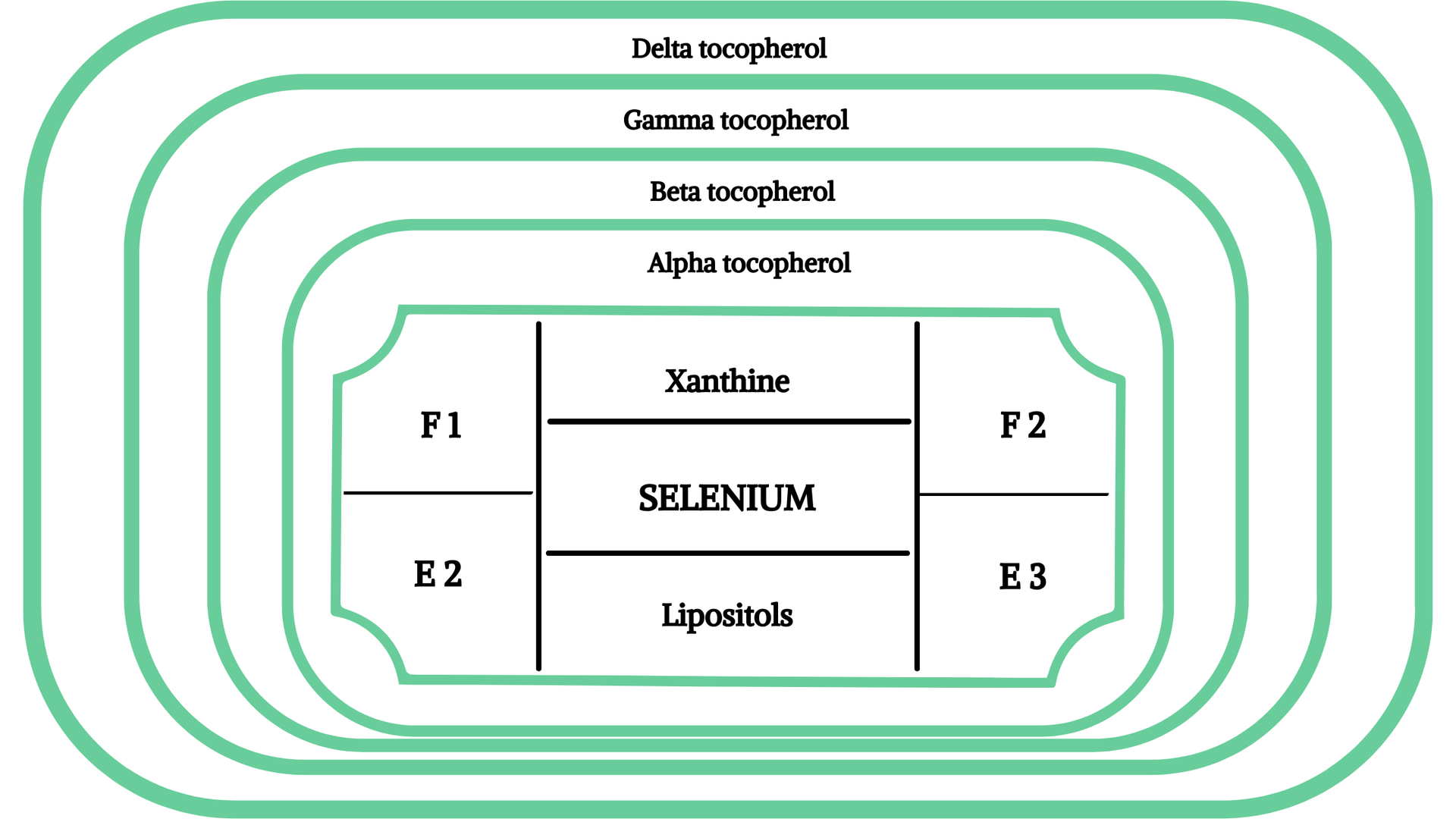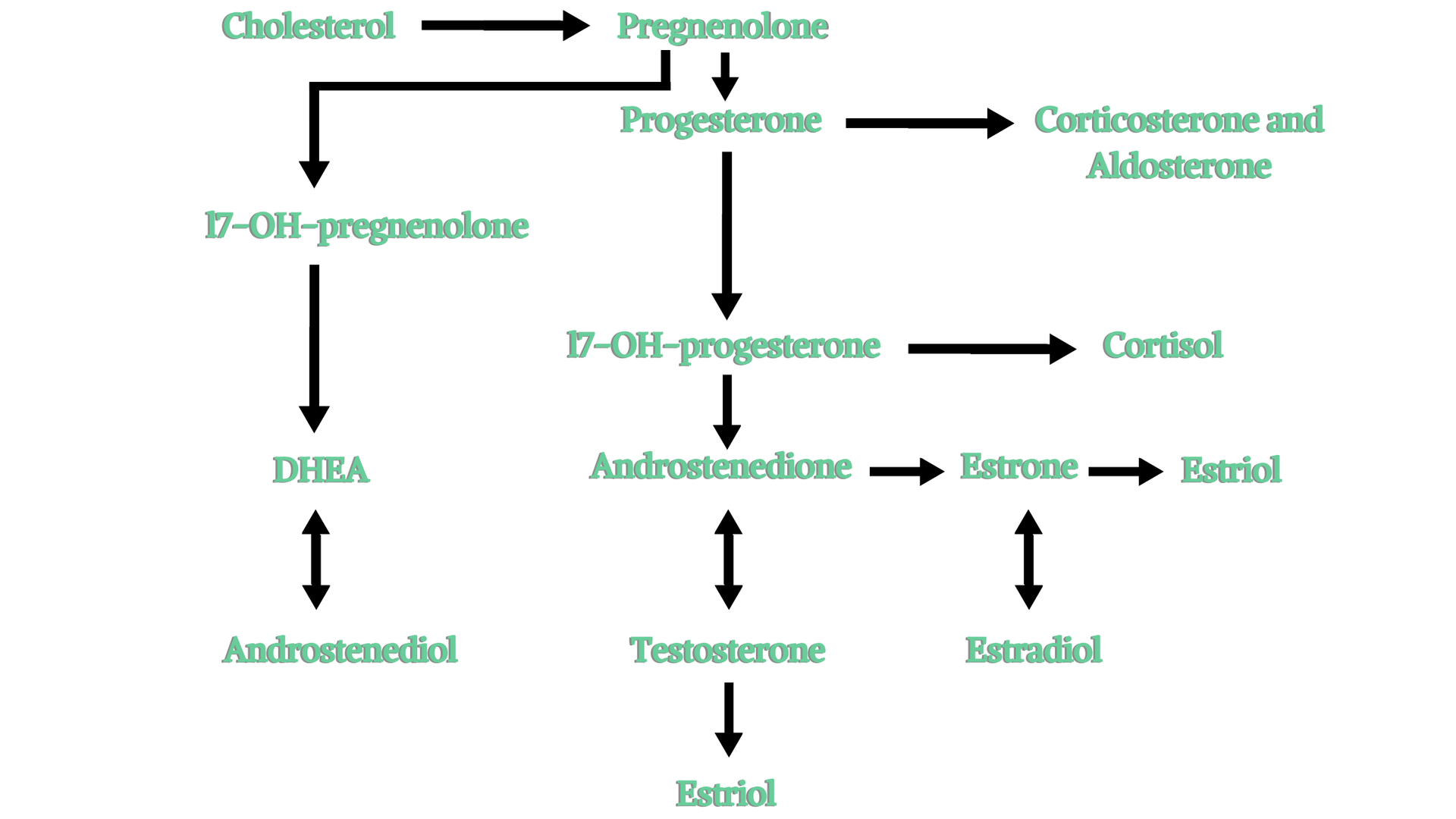Natural vs. Synthetic Vitamins – What You Need to Know
When it comes to vitamins, have you ever wondered if there's a difference between "natural" and "synthetic" on the label? It turns out, there's a crucial distinction that can impact your health. Let's break it down in simple terms.
What's the Big Difference?
Imagine building a house. Would you rather use strong, authentic materials or cheap, imitation ones? The same applies to your body. The core difference between natural and synthetic vitamins is like the difference between something living and something dead.
Natural Whole Food Vitamins: The Real Deal
When you see "Whole Food Vitamins" on a label, that's a good sign. This means the vitamins are presented as they are found in real food, without any changes to their natural structure. In nature, vitamins aren't isolated components; they come as complete "living complexes." These complexes include many other important parts like enzymes, plant nutrients (phytonutrients), and organic minerals, all working together.

Think of it like a team – a vitamin needs all its teammates (synergists) to do its job properly. Many of these teammates are still being studied, but they're incredibly important. Choosing organic food sources for your vitamins is even better, as they're richer in nutrients and free from pesticides.
Crystalline Vitamins:
A Processed Form
Sometimes, a natural food is heavily processed using chemicals, heat, and other methods to isolate just one specific "pure" crystalline vitamin. In this process, all those vital teammates (synergists) are destroyed because they're considered "impurities." The action of these "crystalline" vitamins is no longer natural; they're more like drugs.
Think of it like a team – a vitamin needs all its teammates (synergists) to do its job properly. Many of these teammates are still being studied, but they're incredibly important. Choosing organic food sources for your vitamins is even better, as they're richer in nutrients and free from pesticides.
Synthetic Vitamins:
Man-Made Imitations
A synthetic vitamin is a chemist's attempt to recreate the exact structure of a crystalline molecule by chemically combining molecules from non-living sources. For instance, some Vitamin B1 can come from coal tar, and what's called Vitamin E (d-alpha tocopherol) might be a byproduct from film production. Companies aren't legally required to tell you where these synthetics come from. Ultimately, synthetic "vitamins" are more accurately described as drugs.
Synthetic Vitamins: Man-Made Imitations
A synthetic vitamin is a chemist's attempt to recreate the exact structure of a crystalline molecule by chemically combining molecules from non-living sources. For instance, some Vitamin B1 can come from coal tar, and what's called Vitamin E (d-alpha tocopherol) might be a byproduct from film production. Companies aren't legally required to tell you where these synthetics come from. Ultimately, synthetic "vitamins" are more accurately described as drugs.
SCHEMATIC REPRESENTATION OF
WHOLE FOOD VITAMIN C AND VITAMIN E

THE FUNCTIONAL ARCHITECTURE OF THE VITAMIN C COMPLEX

The Myth of "More is Better"
We've been led to believe that taking huge amounts of synthetic chemicals is more effective nutritionally than smaller amounts of high-quality, living compounds. This isn't true. Even small quantities of whole-food natural vitamins, with all their naturally occurring synergists, are far more potent than large doses of synthetic imitations.
Do Synthetic Vitamins Work as Well?
Your body is an incredibly complex system, like a high-performance computer or a space shuttle. It needs very specific, high-quality materials to function and repair itself. When you use cheap, imitation materials, your body can suffer.
Unfortunately, many health professionals have mistakenly believed there's no difference between natural and synthetic vitamins. But this isn't correct and has led to a lot of confusion.

Consider these examples:
- A study in The New England Journal of Medicine (1994) found that male smokers taking synthetic beta-carotene had a higher rate of lung cancer, more heart attacks, and an increased overall death rate. Those taking synthetic Vitamin E had more strokes. Yet, fruits and vegetables (natural sources of these nutrients) consistently protect against these very health issues.
- Another report in The New England Journal of Medicine (1995) showed that pregnant women taking synthetic Vitamin A had a significantly increased risk of birth defects, while women consuming natural food sources of Vitamin A saw no such increase.
These examples clearly show that the body processes and reacts to synthetic "vitamins" very differently than it does to the natural, complete vitamin complexes found in whole foods.
Understanding Hormone Pathways
For those interested in the intricate workings of the body, here's a look at the steroid hormone pathways:
THE STEROID HORMONE PATHWAYS

Making Informed Choices
Understanding the difference between natural and synthetic vitamins empowers you to make better choices for your health. Prioritizing whole-food sources and carefully reading labels can help ensure you're giving your body the living, high-quality nutrients it truly needs to thrive.
Take a look at the steroid hormone pathways:






